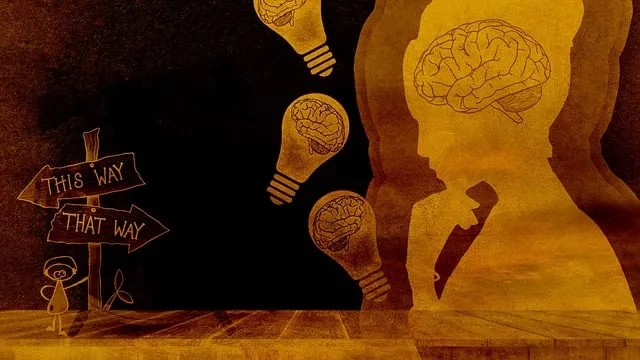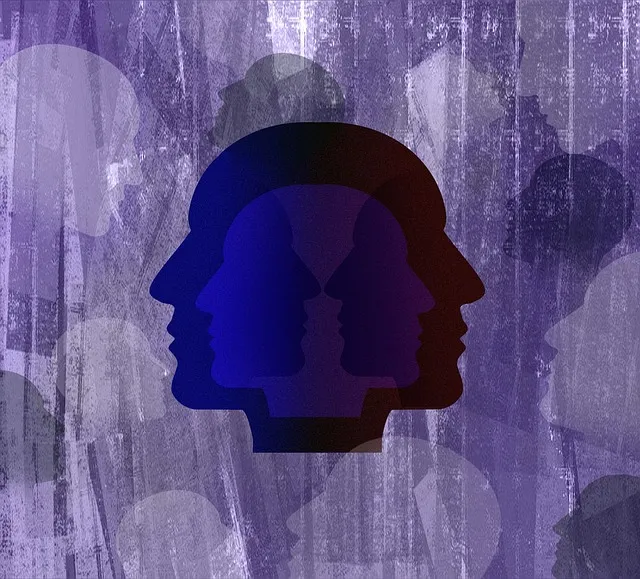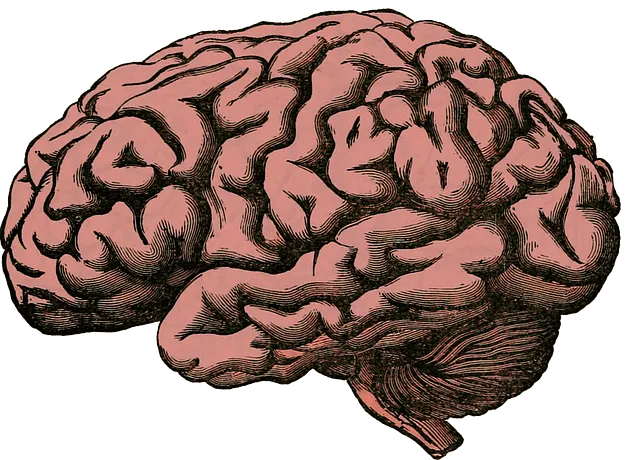In vibrant communities like Colorado Springs, where demand for Kaiser mental health classes is high, cultural competency is essential. It equips healthcare providers to recognize and value diverse patient backgrounds, fostering trust, enhancing satisfaction, and improving treatment outcomes. By integrating dedicated mental health classes into their training, Colorado Springs Kaiser has promoted inclusivity and improved communication skills, benefiting both patients and providers. Effective programs focus on cultural understanding, emotional regulation, and empathy building, leading to better care, reduced anxiety, improved outcomes, and stronger healthcare partnerships.
“In today’s diverse healthcare landscape, cultural competency is no longer an option but an imperative. This article explores the vital role of cultural competency training in healthcare providers, focusing on the innovative efforts of Colorado Springs Kaiser. We delve into their unique approach, highlighting the positive impact of mental health classes designed to bridge cultural gaps and enhance patient care, especially within inclusive communities. By examining effective training strategies, we aim to illuminate paths towards improved patient outcomes.”
- Understanding Cultural Competency in Healthcare: A Need in Diverse Communities
- Colorado Springs Kaiser's Approach: Mental Health Classes as a Step Towards Inclusion
- Effective Training Strategies for Improving Patient Care and Outcomes
Understanding Cultural Competency in Healthcare: A Need in Diverse Communities

In diverse communities like Colorado Springs, where Kaiser mental health classes are in high demand, understanding cultural competency is not just a preference but a necessity. It involves recognizing and appreciating the unique values, beliefs, and practices that shape individuals’ healthcare experiences. Given the wide array of cultural backgrounds among patients, healthcare providers must be equipped to deliver care that respects and considers these differences. This is crucial for building trust, improving patient satisfaction, and ensuring effective treatment outcomes.
Cultural competency goes beyond basic sensitivity; it empowers healthcare professionals to adapt their approaches. By incorporating skills in communication, empathy, and self-awareness, providers can better address the specific mental health needs of diverse populations. For instance, stress management techniques taught in Kaiser classes might need to be tailored for patients from different cultural backgrounds who may have unique sources of stress or prefer alternative self-care practices. Similarly, burnout prevention strategies should account for cultural factors that influence work-life balance and resilience.
Colorado Springs Kaiser's Approach: Mental Health Classes as a Step Towards Inclusion

Colorado Springs Kaiser has taken a significant step towards inclusivity by introducing dedicated mental health classes as part of their Healthcare Provider Cultural Competency Training program. This initiative recognizes the importance of addressing both cultural and psychological aspects in healthcare delivery, ensuring that providers are equipped to serve diverse communities effectively.
The mental health classes focus on enhancing providers’ understanding of various cultural backgrounds, including their unique coping mechanisms and challenges. Through these sessions, healthcare professionals gain valuable insights into building stronger connections with patients from different ethnic and socioeconomic groups. By incorporating skills development, such as improving communication and empathy, the program boosts provider confidence in handling sensitive issues and promotes a more inclusive healthcare environment. This approach not only benefits patients by improving their overall experience but also encourages providers to develop essential coping skills for themselves, fostering a healthier work-life balance.
Effective Training Strategies for Improving Patient Care and Outcomes

Effective training strategies for healthcare providers are pivotal in enhancing patient care and outcomes, especially within diverse communities. Programs like the Colorado Springs Kaiser mental health classes exemplify this need. These initiatives focus on cultivating cultural competency, emotional regulation, and empathy building strategies among healthcare professionals. By equipping caregivers with tools to navigate complex cultural dynamics, they can better address the unique needs of each patient.
Such training involves interactive workshops, role-playing scenarios, and knowledge-based learning modules that facilitate a deeper understanding of diverse populations’ experiences. This holistic approach promotes anxiety relief for both patients and providers by fostering an environment where mental health services are accessible and culturally sensitive. Ultimately, these strategies lead to improved patient outcomes, increased satisfaction, and stronger healthcare partnerships.
Healthcare provider cultural competency training, such as the Colorado Springs Kaiser mental health classes, is a vital step towards creating inclusive and effective patient care. By understanding and addressing the diverse needs of communities, healthcare providers can significantly improve patient outcomes. Effective training strategies, as outlined in this article, empower professionals to navigate complex cultural landscapes, fostering better communication and enhanced services for all.






